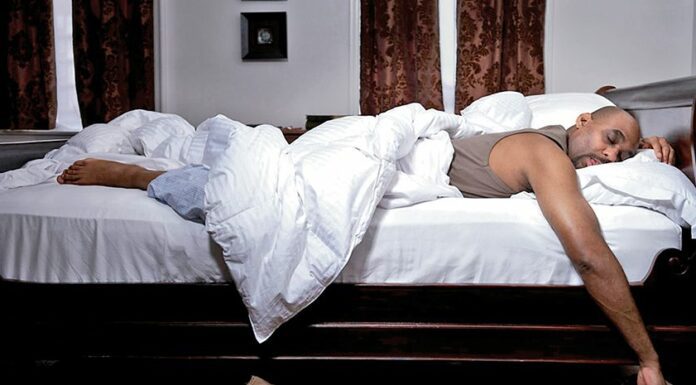On World Sleep Day, its imperative to remember that sleep deprivation can lead to major health complications and a bad quality of life.
Executive coach and strategic facilitator Joni Peddie said the fact that the South African economy is in a dismal state, it being grey listed, Eskom and it’s never ending blackouts, the high interest rates are all contributors to daily stress and this general turbulence heightens sleep disorders.
“The vicious circle is unmanaged stress. It leads to people eating badly or drinking excessively, skipping exercise, and then sleeping badly. Sleep has a major impact on our health and quality of life. We need between seven and nine hours of good sleep every night in order for our body and brain to rest,” said Paddie.
She said life stresses affects everyone from a corporate CEOs to a one-person shoe repair businesses who may then battle to fall asleep.
Peddie suggests that people participate in World Sleep Day, an annual event, hosted by The World Sleep Society since 2008. More than 88 countries including South Africa will participate in World Sleep Day on Friday.
The day is intended to be a celebration of sleep and a call to action on important issues related to sleep, including medicine, education, social aspects, and driving.
“It’s not all about quantity, it is also about quality, in other words, restorative sleep. This kind of deep, refreshing sleep is the single most effective thing you can do for your overall health. Good-quality sleep helps you think clearly and objective and make good daily decisions.”
A good night’s sleep starts when you wake up
1. On waking, replace tea, coffee or green tea with water or herbal tea- your brain flushes out toxins while you sleep, and dehydrates to some extent. So it needs water or herbal tea to rehydrate.
2. View sunlight within the first 30-60 minutes after waking- natural light has the most potent influence on your brain, much stronger than indoor lighting. First prize would be to go for an early walk.
3. Elevate your heart rate for a minimum of 20 mins every day- do whatever takes your fancy. If you don’t like exercise, reframe this in your mind as ‘movement’. Try squats, jumping jacks, plank.
4. Avoid caffeine after lunch- caffeine stays in your system for about eight hours. If you are going to bed at 10pm, then no tea, coffee or green tea after 2pm.
5. Eat a balanced diet- you need to eat a balanced diet of fruits, vegetables and lean meat. Vitamins and nutrients enable the body to function properly.
6. The power of a powernap- powernaps should be 20 minutes or 90 minutes. During the week, a 20-minute powernap is tremendously beneficial, especially after a stressful meeting, but don’t nap too late in the afternoon.
Follow @SundayWorldZA on Twitter and @sundayworldza on Instagram, or like our Facebook Page, Sunday World, by clicking here for the latest breaking news in South Africa. To Subscribe to Sunday World, click here



